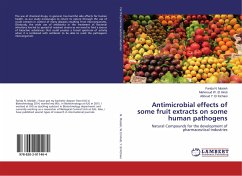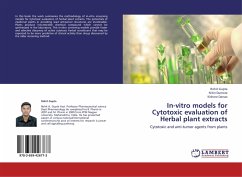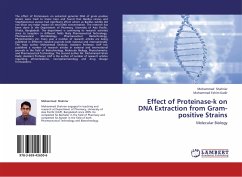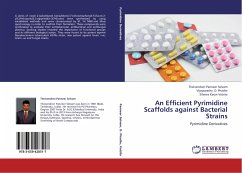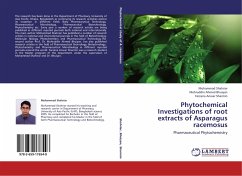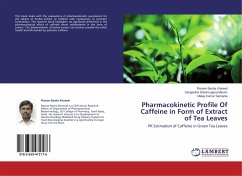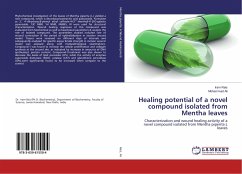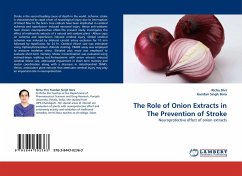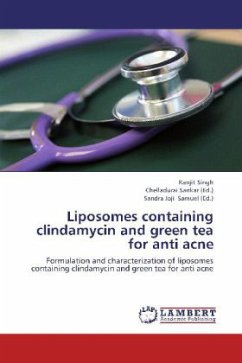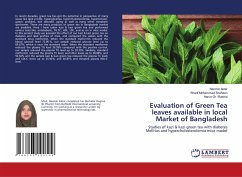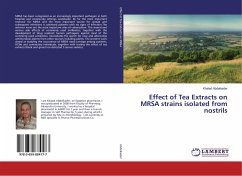
Effect of Tea Extracts on MRSA strains isolated from nostrils
Versandkostenfrei!
Versandfertig in 6-10 Tagen
36,99 €
inkl. MwSt.

PAYBACK Punkte
18 °P sammeln!
MRSA has been recognized as an increasingly important pathogen in both hospital and community settings worldwide. By far the most important reservoir for MRSA and the most important source for spread and subsequent infections is colonized patients with no signs of infection.The anterior nares are the most important sites of colonization. The several and serious side effects of commonly used antibiotics, together with the development of drug resistant human pathogens against most of the commonly used antibiotics; necessitates the search for new and alternative antimicrobial agents from other so...
MRSA has been recognized as an increasingly important pathogen in both hospital and community settings worldwide. By far the most important reservoir for MRSA and the most important source for spread and subsequent infections is colonized patients with no signs of infection.The anterior nares are the most important sites of colonization. The several and serious side effects of commonly used antibiotics, together with the development of drug resistant human pathogens against most of the commonly used antibiotics; necessitates the search for new and alternative antimicrobial agents from other sources including plants. The present work aimed at studying the occurrence of MRSA nasal carriage among patients, HCWs and community individuals, together with testing the effect of tea extracts (black and green) on detected S.aureus isolates.



